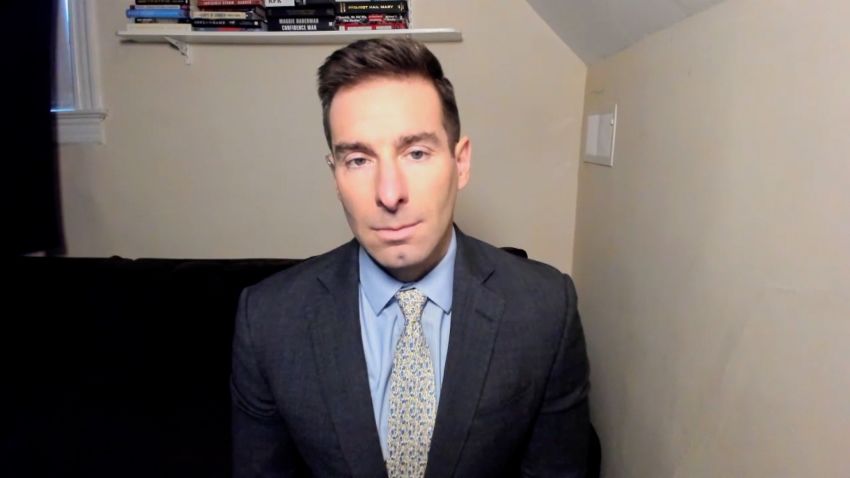The US Supreme Court on Thursday asked parties involved in a major voting rights case out of North Carolina to file additional briefs to address new developments that occurred in the state after the justices heard oral arguments in the dispute last year.
The request comes as some believe the blockbuster case might eventually be rendered moot depending on what happens in state courts.
The case the justices are currently considering – called Moore v. Harper – has garnered the attention of voting rights experts across the country who say that the dispute could ultimately change the future of elections if the high court embraces a long-dormant legal theory put forward by Republican lawmakers in North Carolina.
At the core of the dispute is a decision by a Democratic-leaning North Carolina Supreme Court that invalidated the state’s congressional map as an illegal partisan gerrymander and replaced it with a court-drawn map that was more favorable to Democrats. The lawmakers raced to the US Supreme Court to challenge that decision, arguing that under the so-called independent state legislature doctrine, state legislatures get to set the rules in federal elections without any constraints from state courts or other state entities.
The theory – rooted in the Elections Clause of the US Constitution – alarms some voting rights experts who say that it could upend elections and lead to rogue state legislatures. At oral arguments in December, some of the US Supreme Court justices seemed interested in a more limited application of the controversial theory.
Back in North Carolina, however, where state Supreme Court justices are elected, the majority shifted to Republicans after last year’s election. The new Republican-leaning majority announced in February that it was taking the exceedingly rare step of rehearing oral arguments in the case. If the state high court reverses direction and upholds the maps, the case before the US Supreme Court could be rendered moot.
The decision by the state Supreme Court is likely what triggered the justices in Washington, DC, to ask the parties to address the new developments and respond to whether the state court’s decision to reconsider the case deprives the Supreme Court of jurisdiction in the matter. The parties have until March 20 to submit the new briefs to the US Supreme Court.
The North Carolina court, meanwhile, had scheduled a March 14 hearing in its review.


